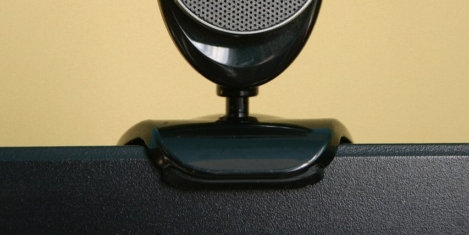To provide the best experiences, we use technologies like cookies to store and/or access device information. Consenting to these technologies will allow us to process data such as browsing behaviour or unique IDs on this site. Not consenting or withdrawing consent, may adversely affect certain features and functions.
The technical storage or access is strictly necessary for the legitimate purpose of enabling the use of a specific service explicitly requested by the subscriber or user, or for the sole purpose of carrying out the transmission of a communication over an electronic communications network.
The technical storage or access is necessary for the legitimate purpose of storing preferences that are not requested by the subscriber or user.
The technical storage or access that is used exclusively for statistical purposes.
The technical storage or access that is used exclusively for anonymous statistical purposes. Without a subpoena, voluntary compliance on the part of your Internet Service Provider, or additional records from a third party, information stored or retrieved for this purpose alone cannot usually be used to identify you.
The technical storage or access is required to create user profiles to send advertising, or to track the user on a website or across several websites for similar marketing purposes.
 Most businesses are failing to invest in collaborative offices that could encourage people to spend more time in them and take advantage of new work cultures, a report claims. More than four in five UK workers (83 percent) surveyed by YouGov on behalf of Microsoft Surface find themselves still in the same office environment as before the pandemic. The majority of those surveyed believe that office work is better suited to both socialising with colleagues (57 percent) and strengthening relationships with colleagues (65 percent) compared to remote work. (more…)
Most businesses are failing to invest in collaborative offices that could encourage people to spend more time in them and take advantage of new work cultures, a report claims. More than four in five UK workers (83 percent) surveyed by YouGov on behalf of Microsoft Surface find themselves still in the same office environment as before the pandemic. The majority of those surveyed believe that office work is better suited to both socialising with colleagues (57 percent) and strengthening relationships with colleagues (65 percent) compared to remote work. (more…)

































October 19, 2022
Remote workers can find it hard to switch off. There’s now an app for that
by Anthony Thompson • Comment, Flexible working, Wellbeing